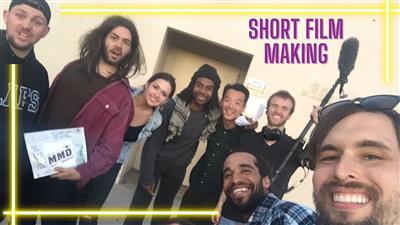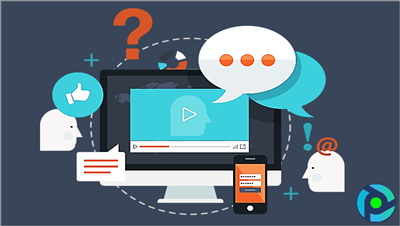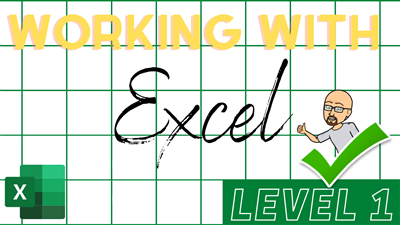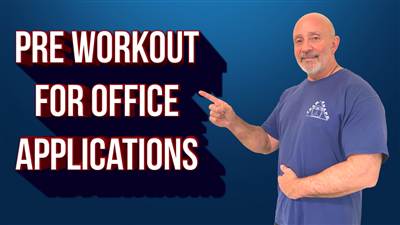
Best Object Oriented Programming (OOP) Courses
Simplified Object Oriented Programming (OOP) Course
Welcome to our Object Oriented Programming (OOP) course! Whether you're a beginner or have some coding experience, this course is designed to demystify OOP and make it accessible to everyone. Through clear explanations and practical examples, you'll learn the fundamentals of OOP and how to apply them to your own projects with ease.
Why Learn Object Oriented Programming?
Object Oriented Programming is a powerful programming paradigm used in many modern languages like Java, Python, and C++. It helps you write cleaner, more organized code that is easier to maintain and scale. By learning OOP, you'll gain valuable skills that are in high demand in the tech industry.
What You Will Learn
Our OOP course covers everything you need to know to get started:
1. Understanding OOP Concepts
- What is OOP? Learn the basic principles of OOP and why it's important.
- Objects and Classes: Understand the relationship between objects and classes and how they work together.
2. Key OOP Features
- Encapsulation: Learn how encapsulation helps keep code organized and maintainable.
- Inheritance: Understand how inheritance allows you to create new classes based on existing ones.
- Polymorphism: Explore how polymorphism enables flexibility and reusability in your code.
3. Practical Examples
- Creating Classes: Learn how to define your own classes and create objects from them.
- Working with Inheritance: Understand how to use inheritance to model real-world relationships.
- Applying Polymorphism: Explore practical examples of polymorphism in action.
4. Advanced OOP Concepts
- Interfaces and Abstract Classes: Discover how interfaces and abstract classes provide blueprints for classes.
- Design Patterns: Learn about common design patterns used in OOP to solve common problems.
- Best Practices: Understand best practices for designing and implementing OOP code.
How You Will Learn
Our course is designed to be beginner-friendly and interactive:
- Simple Explanations: Concepts are explained in plain language with minimal technical jargon.
- Hands-On Exercises: Practice what you learn with interactive coding exercises and quizzes.
- Real-World Examples: Explore real-world examples to see how OOP is used in practice.
- Supportive Community: Join our community of learners to ask questions, share ideas, and get support from instructors.
Conclusion
By the end of this course, you'll have a solid understanding of Object Oriented Programming and be able to apply its principles to your own projects. Whether you're building a simple application or a complex system, OOP will help you write cleaner, more maintainable code. Join us and start your journey to mastering Object Oriented Programming today!
















